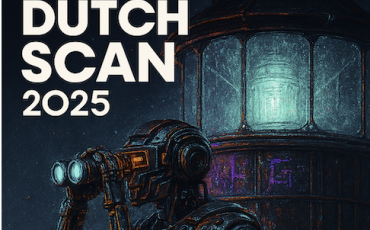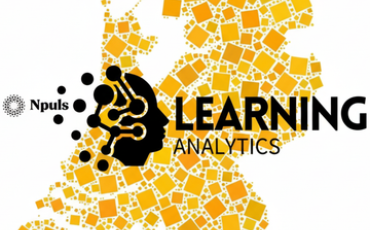I am firmly convinced that any teacher who takes themselves seriously should have experience with these tools. My position is simple: teachers should at least have experimented with such technologies.
But some teachers choose a different approach. They want to know how they can detect whether a student has written a piece with the help of AI. They are asking for detection tools and strategies to demonstrate that a student's work is not entirely original. Some suggest changing testing methods, such as banning internet use, or making it impossible to cut and paste behind a laptop. This saddens me; it's a battle we won't win, and one we shouldn't even engage in.
Instead, if we feel that a student is relying completely on AI, we need to have a conversation. It's a complex problem, because how do you start that conversation? When do you find the time as a teacher? And how do you ask the right questions?
Another question arises: why do students rely so much on AI? Is it laziness? Convenience? Or simply because the technology is there? The answer is probably more complex. Before AI, students - and here I generalize - wanted to achieve their degree in the quickest and least energy-intensive way. Does this mean they don't want to learn anything? No, that's not the case. When I look at third and fourth year students after their internships, I see budding professionals. They do want to learn, but we need to encourage them to do so in the right way.
In my view, teachers should be given time to engage in a conversation with the student. Oral exams are becoming increasingly popular. Although they are considered traditional - some even call it the 'Greek method' - they have been the norm at Fontys ICT for years. I strongly believe that we cannot continue on a path without flexibility, especially not with the current technological developments. We need to embrace adaptive methods, encouraging the flexibility of teachers and students.
Therefore, I argue once again for a greater emphasis on media literacy and digital literacy. These skills should be a significant part of all education and subjects, from preschool to adult education. I hope that policy makers, educational institutions and everyone involved in education recognizes this importance. The conscious use and application of AI, with knowledge of the pitfalls and challenges, is the only right way.
As we enter the summer, I wish everyone a close embrace with AI.



0 Praat mee